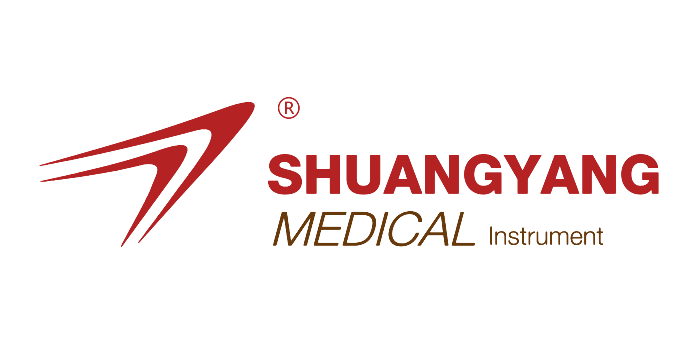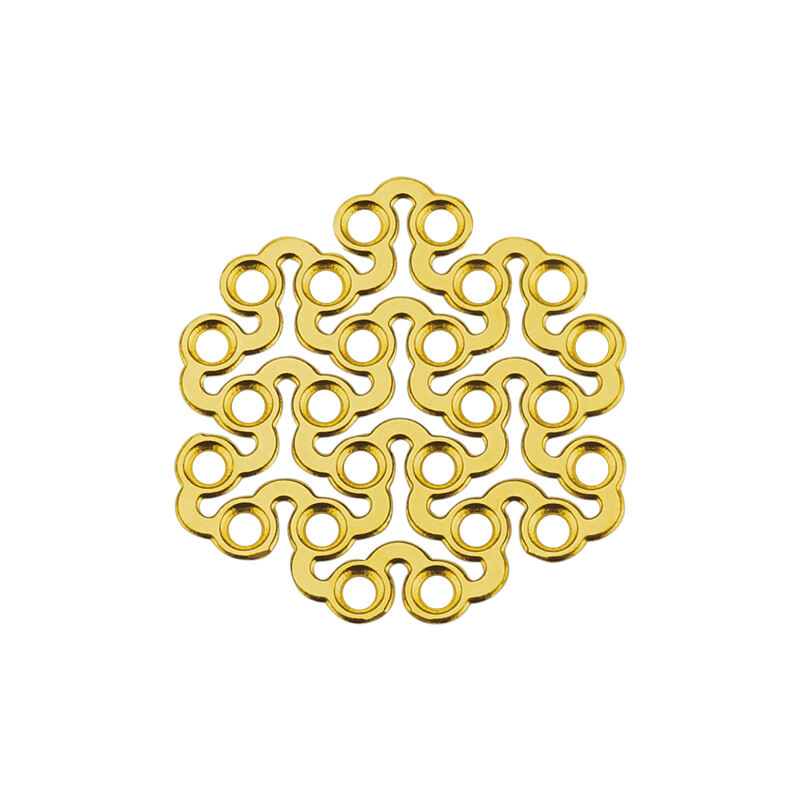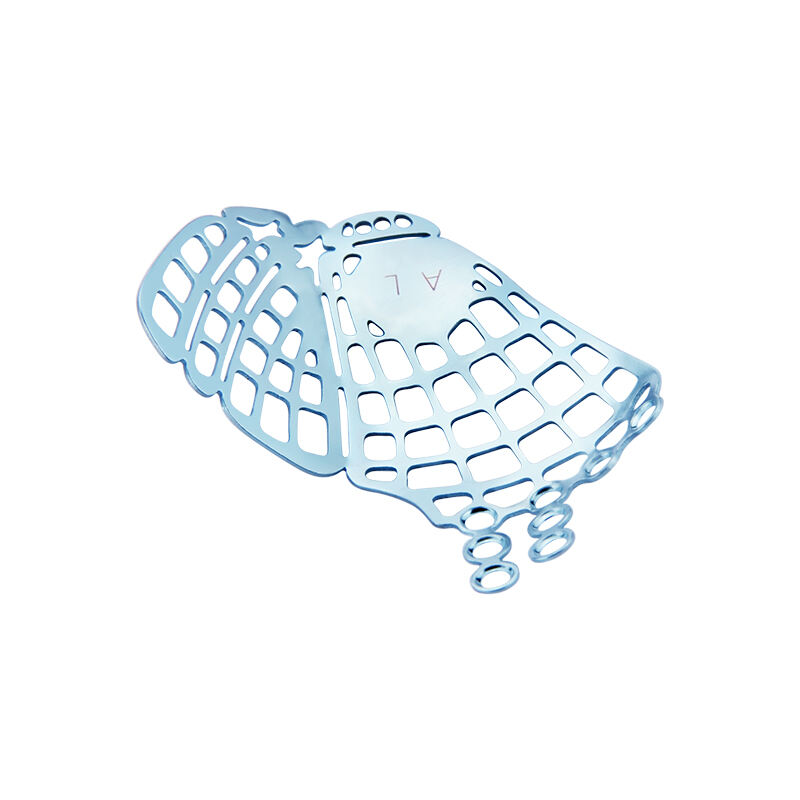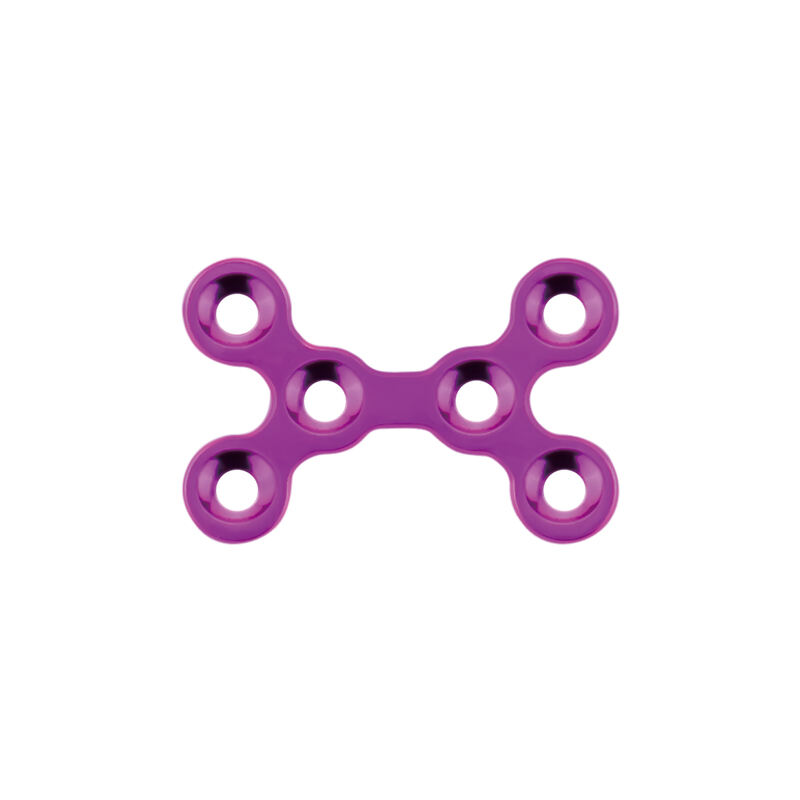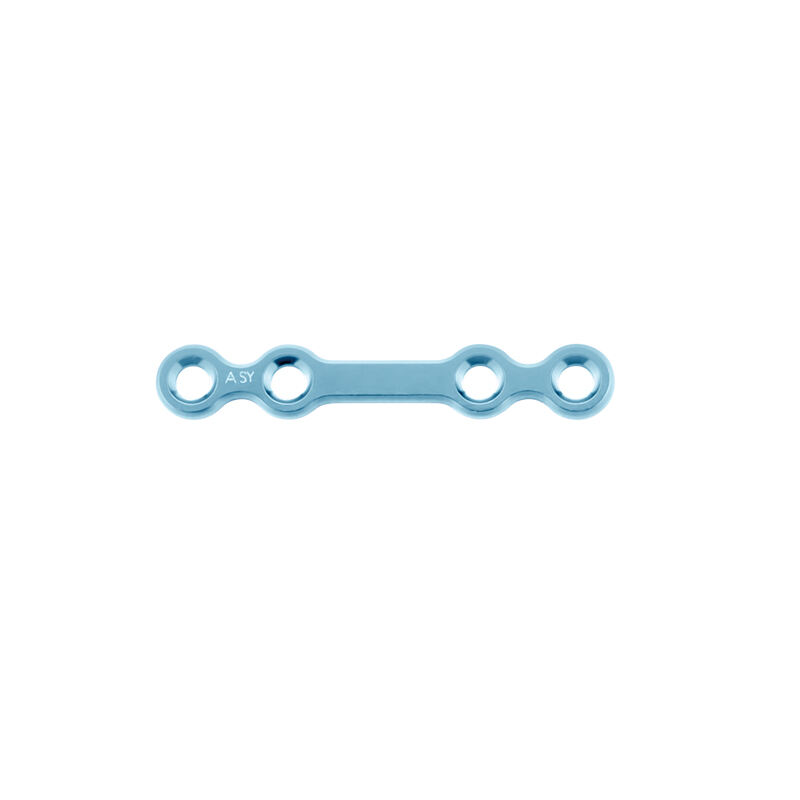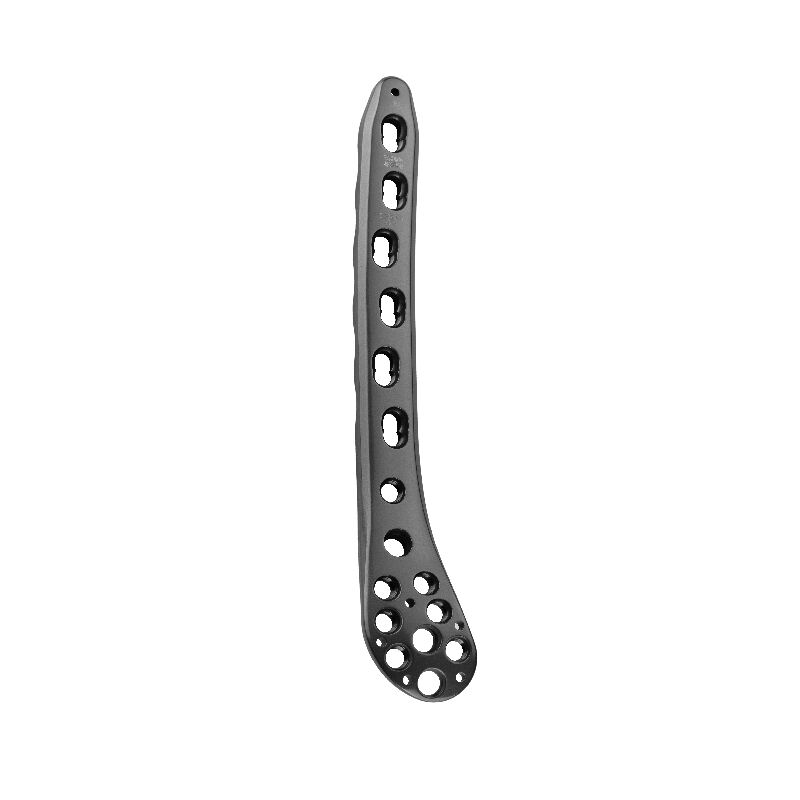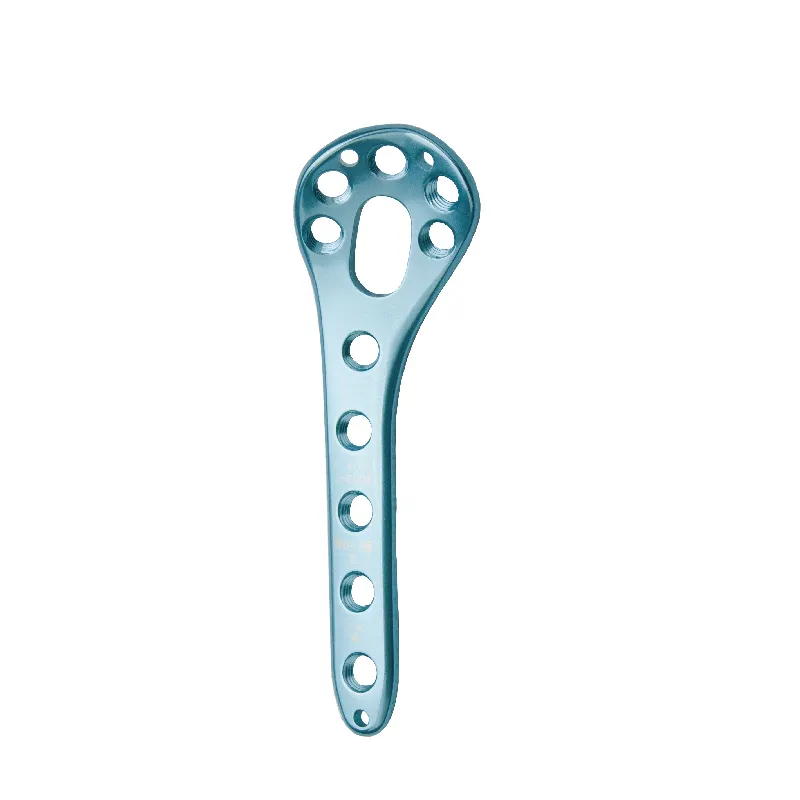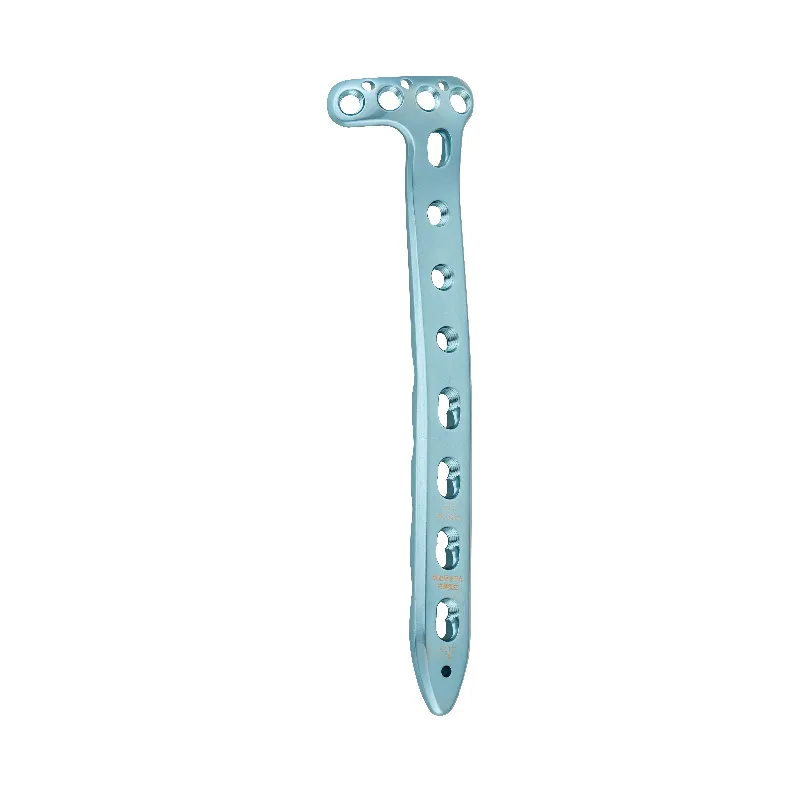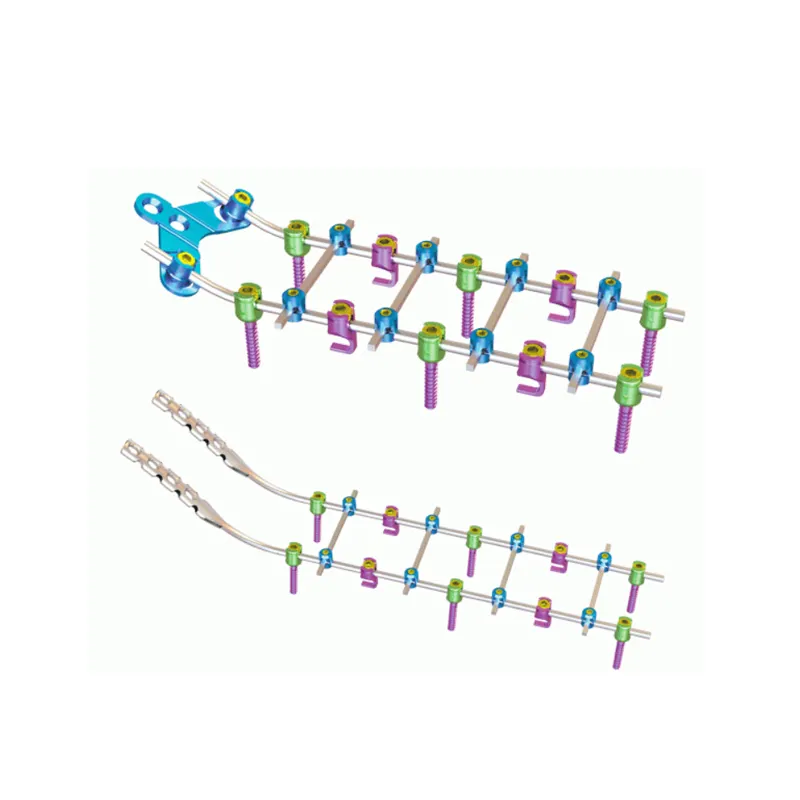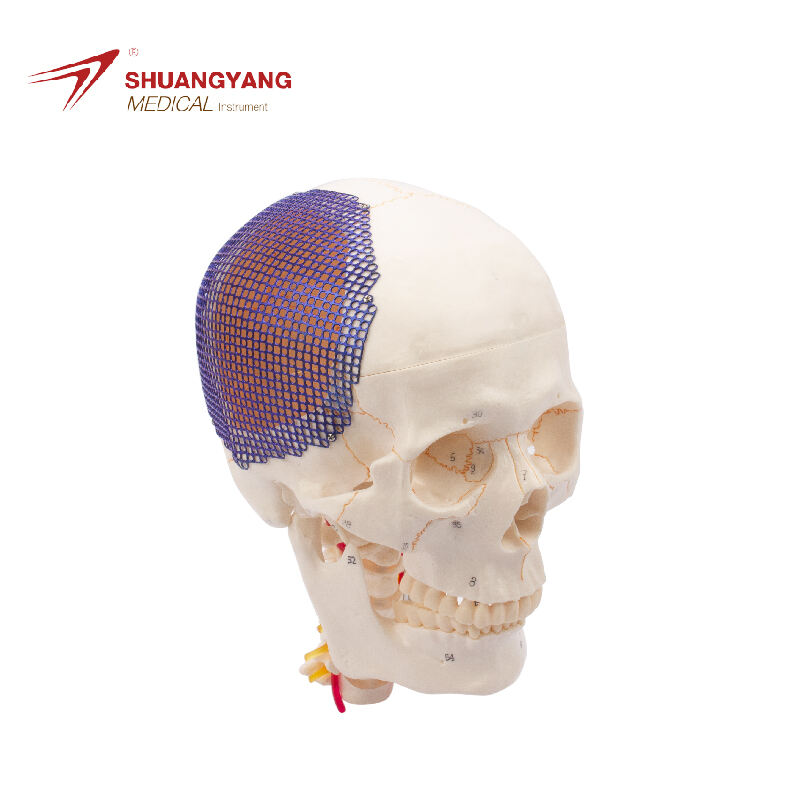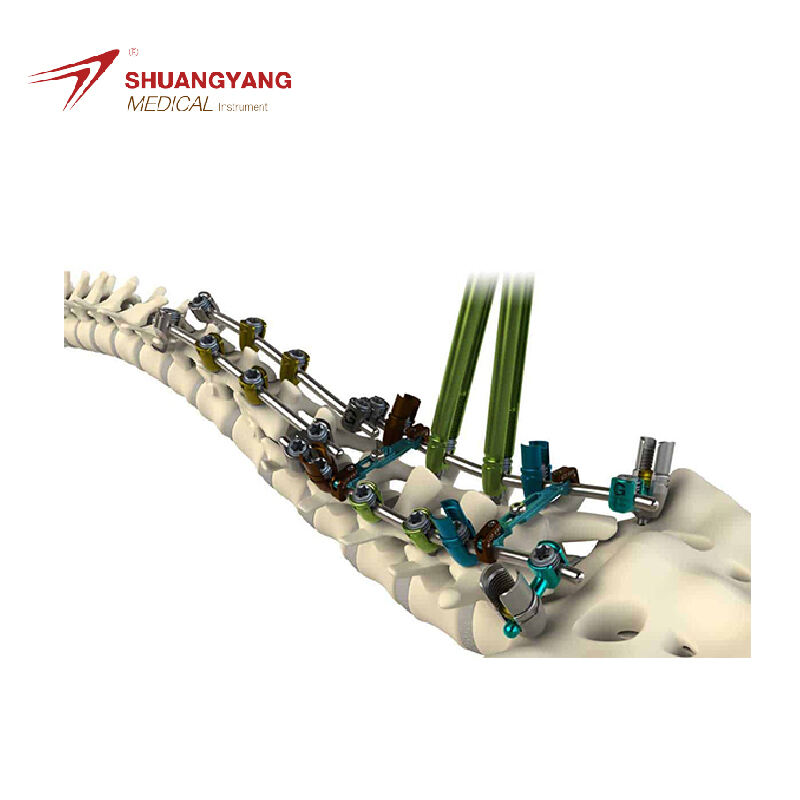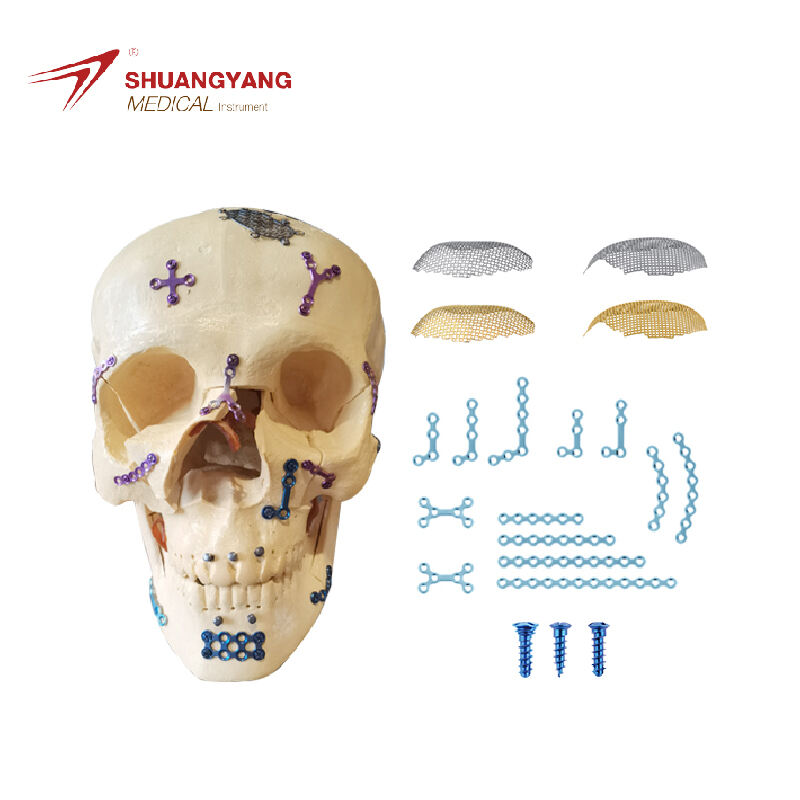orthopedic surgical tools
Orthopedic surgical tools are precision instruments designed for use in various orthopedic procedures, ensuring the accuracy and efficiency necessary for successful surgeries. These tools come in various shapes and sizes, each with a specific function, such as cutting, drilling, reaming, or shaping bones and soft tissues. Technological advancements have led to the creation of tools with features like ergonomic handles, modular designs, and compatibility with imaging systems for enhanced precision. Common applications include joint replacements, fracture repairs, and spinal surgeries, where these instruments play a crucial role in restoring mobility and alleviating pain for patients.
 EN
EN
 FR
FR
 ES
ES
 AR
AR
